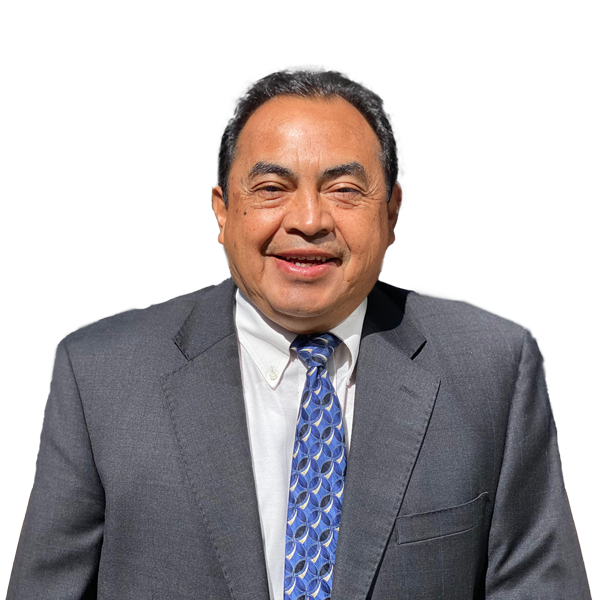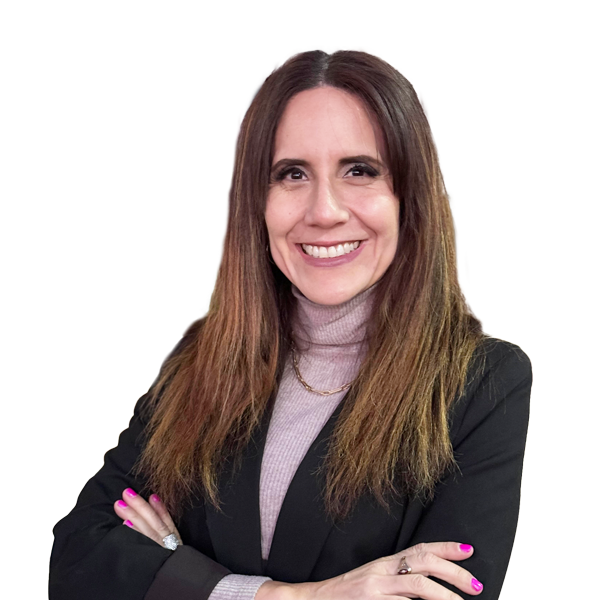Why do I need a living trust or estate plan?
No matter the size of your estate, nearly everybody can benefit from an estate plan. Unfortunately, many people try to do it on their own, purchasing estate planning tools or packages online with little or no guidance. Davis Miles knows that estate planning is a very personal exercise. We’ll guide you through the process, whether you’re creating your first estate plan or modifying an existing plan, and we’ll make sure it’s tailored to fit your specific needs.
















